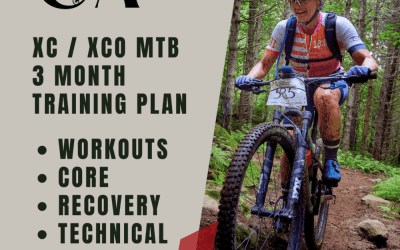In other words, should the number of big, major goals we have for the coming season be correlated to how many times we can peak? How should we think about goal races versus times we need peaks? As cyclists, this is actually a bit trickier than it would be for a triathlete, marathoner or ultra-distance runner. Because cycling is relatively low impact, it’s possible to do most of your races without necessarily peaking and tapering in a more traditional sense—but there are still a few times when it makes sense to plan to truly peak and taper for your big scary goal races.
While your ‘average’ Ironman triathlete may only race one Ironman per season, perhaps with a couple of shorter course efforts sprinkled in, a cyclist can easily race once, twice or even three times a week nearly year-round. (This isn’t advisable, by the way—but it is possible!) Compared to an Ironman triathlete, though, a cyclist is often doing efforts that are as long (or close to) his or her goal race distance on a regular basis.
In cycling, we have a lot of events—and even training rides—that might not be all that different in duration/difficulty from our ‘peak’ events. A long weekend ride could easily be as long as one of your goal gravel races, for instance. And in cycling, it’s actually not unusual to be training at longer distances than your actual A race: When I (Molly) raced on the road, base season typically included ‘Sunday Centuries’ with Rutgers Cycling, despite the fact that even the longest road races I’d compete in throughout the season were around 60 miles.
When we talk about peaking, though, we’re usually talking about bringing the volume/intensity to its max in training, then tapering (dropping our time and intensity) down so that we’re well-rested for our goal race. But if our ‘goal race’ for the season is to win, say, the Ontario Cup overall (roughly a six race series), then the idea of tapering for each race is pretty ridiculous, since it would essentially mean you don’t train for two months straight. (Not sure how to plan for a season like that? You can always chat it through with us or get a custom plan!)
So, peaking and tapering in the more triathlon-ish traditional way tends to not be ideal for us busy cyclists who have lives outside of sport. Instead, we suggest smart training—i.e peaking and tapering in a thoughtful way ahead of your major goal races like an Unbound or Leadville—combined with the arguably tougher ‘mental tapering’ that can result in huge gains on race day. This means planning your work/life ‘peaks’ to happen well in advance of or after your goal race (major reports or projects at work, vacations with the family, weddings, etc.). It also means doing a ‘life/work taper’ before your race, giving yourself plenty of mental space to relax and prep for the day, plus the time and energy to ensure that your gear is all in working order. It could also mean getting to the race site a couple days earlier so that you’re not feeling rushed.
When it comes to planning your season, you may be able to do a proper peak and taper a couple times per year, and these should correlate with your A Races, your Big Scary Goals. But for the local MTB race on the weekend, you can probably train as usual and just ensure that you’re getting an easy day and good night sleep beforehand to have a solid performance.





